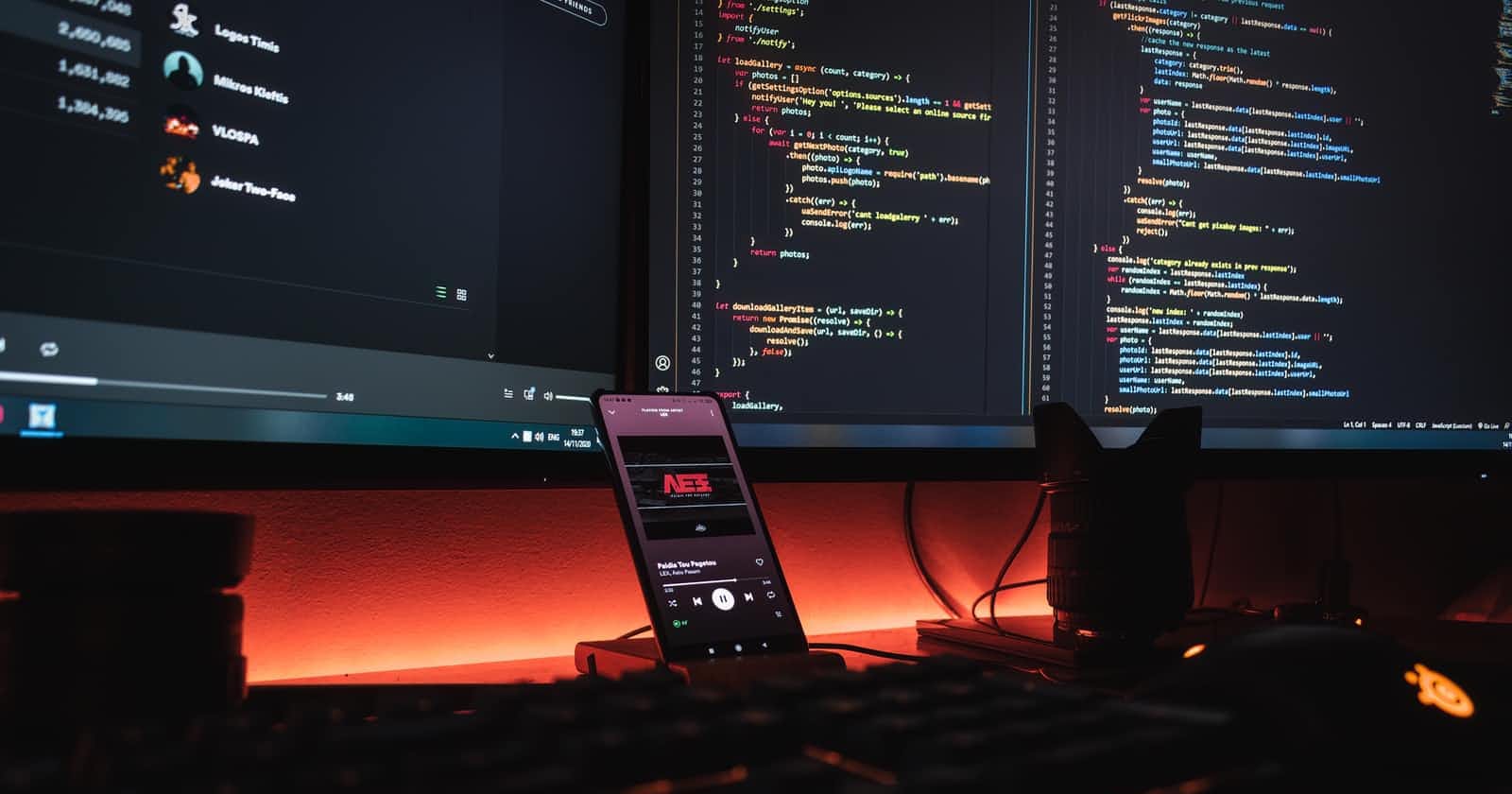0. Learn how to Learn
This is by far the most underrated skill yet the most powerful tool in your arsenal. Learning how to learn encompasses the how to efficiently acquire knowledge, apply it, and make it stick.
1. Have a clear WHY
This is where the classical beginning with the end in mind comes to play. Contextualize your why. Spoiler alert, if your reason is anything around 'it's the hottest and trendy thing right now' think again! Obviously 'hottest and trendy' is fleeting. Your why should be compelling enough to make you stick around.
2.Leverage First Principles
Now, this might sound cliche but at least it's a proven concept that works! Elon Musk attributes his success in rocket science to first principles. In the programming realm, first principles boil down to data structures and algorithms(DSA) which are agnostic to all programming languages. This will come in handy when you decide to level up and make a career out of it.
3. Pick a Language
This is where I tell you to pick your poison and let it kill you(metaphorically speaking). This circles back to having a clear why. The why will inform the domain you want to delve into, which will help narrow down your scope. This will help you focus on the end goal rather than be spoilt for choice. Now that you have the language,
4. Build then Refactor
As soon as you have the language's basics, build! build! build! (projects of course). By building several projects you spare yourself from tutorial purgatory, the illusion of competence, and imposter syndrome. Remember, the expert was also a learner at one point. So just learn enough to get started then learn some more as you refactor.
5. Have some sense of Accountability
As someone who has had a lot of unfinished projects, I can tell you for a fact that some form of accountability will be your superpower in this journey. Believe me when I tell you that there will be days when you will not have any motivation to write even a single line of code(especially after several failed debugging sessions) and you might even be tempted to quit. Accountability will have you show up even when you don't feel like it. The said accountability might be your friend, partner, or family member, but the one I'd recommend is building publicly. Like, commit to a course like #100daysofcode where you'll have synergy from like-minded people.
6. Never Stop Learning
Well, in case no one tells you, the world of programming is very volatile and yes you may not be able to keep up but then you have to evolve to stay relevant. Curate your own learning and make it fun.

